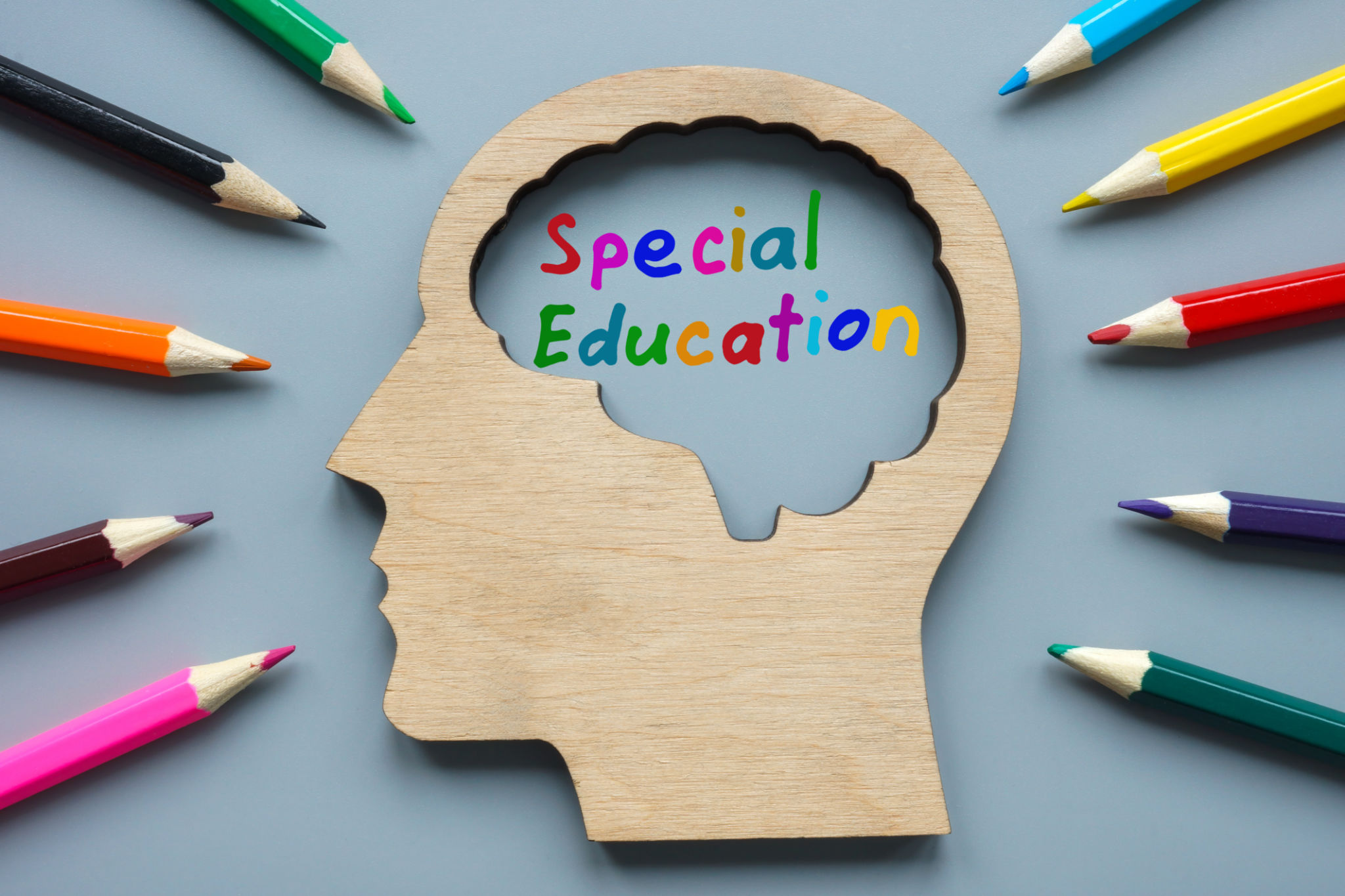Top Questions About Department of Education Programs Answered
Understanding Department of Education Programs
Many individuals find themselves with questions about the various programs offered by the Department of Education. These programs are designed to support students, educators, and institutions in achieving educational excellence. To help demystify these offerings, we've compiled answers to some of the top questions people frequently ask.

What Types of Financial Aid Are Available?
The Department of Education offers several types of financial aid to help students pay for post-secondary education. The most common forms include:
- Grants: These are funds that do not need to be repaid, such as the Pell Grant for undergraduate students.
- Loans: Federal student loans, including Direct Subsidized and Unsubsidized Loans, which require repayment with interest.
- Work-Study Programs: These provide part-time jobs for students with financial need, allowing them to earn money to help pay education expenses.
How Can Schools Benefit from Department Programs?
The Department of Education provides a variety of programs that benefit educational institutions. Schools can access resources for improving teacher quality, technology integration, and special education services. The Title I program is particularly significant, offering financial assistance to schools with high numbers of children from low-income families to help ensure that all children meet challenging state academic standards.

What Support Exists for Educators?
Educators can take advantage of several initiatives aimed at professional development and support. Programs like the Teacher Quality Partnership provide grants to improve teacher preparation and recruit high-quality educators. Additionally, initiatives like the Teacher Incentive Fund offer financial rewards for effective teaching practices.
How Are Students with Disabilities Supported?
The Department of Education is committed to ensuring that all students have access to quality education, including those with disabilities. The Individuals with Disabilities Education Act (IDEA) provides grants to states to support special education services and ensures that students with disabilities receive free appropriate public education. Support services may include individualized education programs (IEPs) tailored to each student's needs.

What Are Some Programs for Higher Education Institutions?
Higher education institutions can benefit from various federal programs aimed at supporting college access and success. The TRIO Programs, for example, are designed to assist low-income individuals, first-generation college students, and individuals with disabilities in progressing through the academic pipeline from middle school to post-baccalaureate programs.
Additionally, Title III and Title V grants focus on strengthening institutions serving underrepresented communities, including Historically Black Colleges and Universities (HBCUs) and Hispanic-Serving Institutions (HSIs), by providing funds to improve facilities and academic programs.
How Can Parents Get Involved?
The Department of Education encourages parental involvement through programs like the Parent Information and Resource Centers (PIRCs), which provide parents with resources and support to help their children succeed in school. Engaging parents in their children's education is crucial for student achievement and helps bridge the gap between home and school environments.
By understanding these programs and how they can be utilized, students, educators, institutions, and parents can maximize the benefits offered by the Department of Education. Whether it's through financial aid, specialized support, or professional development, these initiatives play a vital role in shaping the educational landscape.